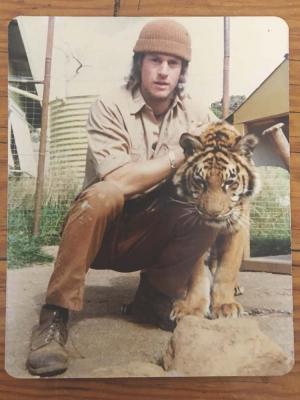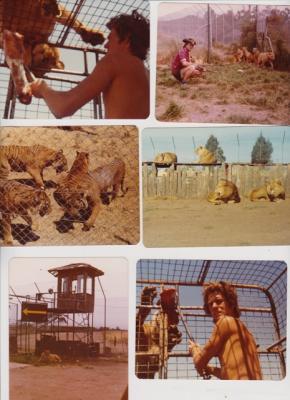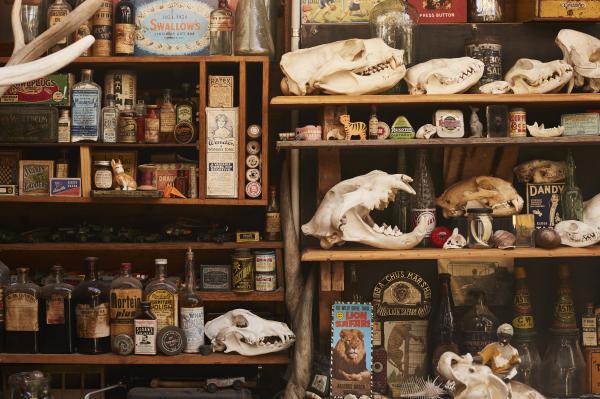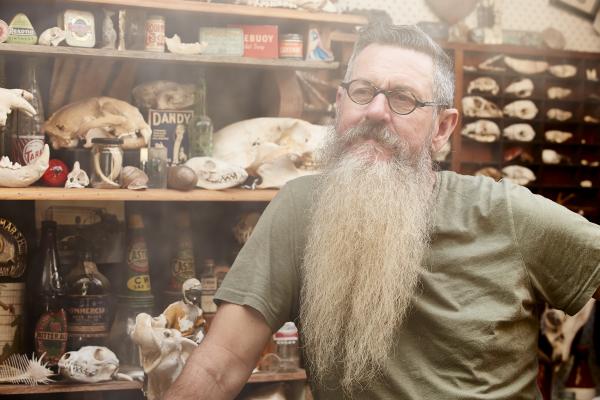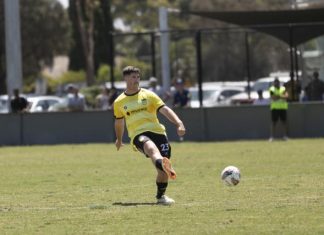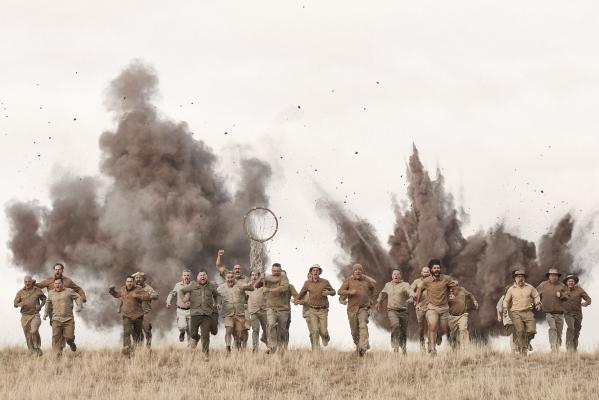
By Jessica Micallef
Many people are familiar with Tiger King – the Netflix documentary that details the life of Joe Exotic’s wild animal safari in the United States. But Australia once had it’s own big cat safari in Bacchus Marsh.
Gisborne filmmaker Darcy Prendergast is creating a documentary called Strange Beasts, based on his father’s, Ron Prendergast, time as a zookeeper at the Bacchus Marsh Lion Safari during the 1970s and 1980s.
According to Darcy, the safari was home to dozens of wild animals including lions, tigers, deer, antelope, hippopotamus, water buffalos and wolves.
“It was a drive-your-own-car lion and tiger safari,” he said.
“The biggest calling card was the big cats – they had several paddocks of lion prides and tigers.
“Visitors would drive their cars through the precinct under the somewhat watchful eye of a couple employees and these huge beats would do as they pleased.
“Some people would come in with a brand new car, with a new vinyl roof and leave in absolute tatters or leave with a missing side mirror or a big old dent in the bonnet.
“It was a pretty wild environment and certainly one where close encounters were the calling cards.”
Darcy said during his dad’s one and a half years as a zookeeper at the safari, his main role was to feed the big cats and break up the fights that occurred between the prides.
“That was one of dad’s first jobs,” he said.
“He had some prior zookeeper experience and he was one of the only ones with some zookeeper experience as it [the safari] was run by Ashton’s Circus, so it was all born from a circus background rather than a zoo background.
“There are a lot of wild stories dad has from his time there. He was chased by lions and tigers on many occasions.
“One night, there was a water buffalo that escaped onto the Ballarat Highway so dad jumped on a bike … to try and veer the water buffalo off the highway and back into the park.”
The safari was open for a decade before it closed its doors after the precinct fell into a “state of disrepair”.
“It was a rather sad ending for a lot of the animals,” Darcy said.
“It was closed by the RSPCA. There were several counts of animal mistreatment and negligence and the park had lost its popularity.
“There wasn’t a lot of desexing happening for the lions and the tigers [and] there were several animals that were emaciated.
“The wheels had fallen off the cart and it begs the question should it have really been open.”
Darcy has received $50,000 in Screen Australia funding to complete his documentary that is part animation, part archival footage and part live reenactments.
“The money enables us to retell some of dad’s wildest stories that are impossible to do in an reenactment setting,” he said.
“We will be taking it [the documentary] to … hopefully Sundance Film Festival or Cannes Film Festival.
“After that, we will be looking for a broadcaster, be it on television or on an online space.”
Darcy is asking for anyone with old footage of their experiences at the safari, to send through their footage to: darcy@ohyeahwow.com


